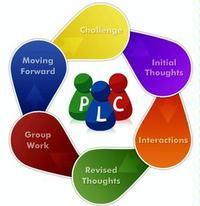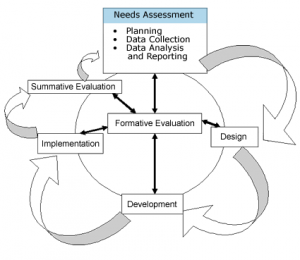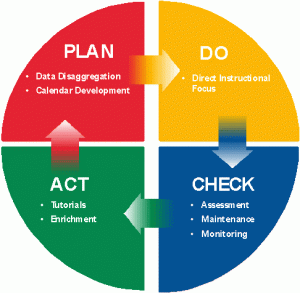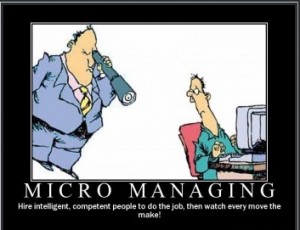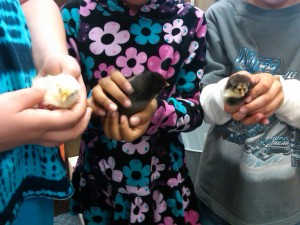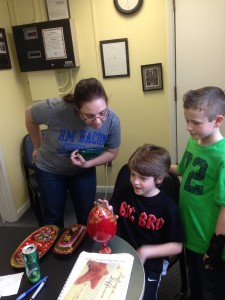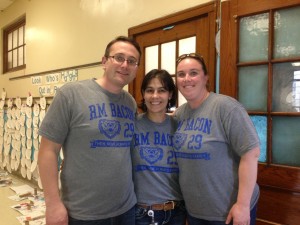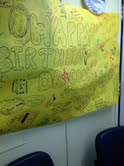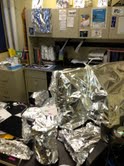
Order this now 🙂
Review – Spike C. Cook, Ed.D.
School leaders are constantly searching for a practical book with realistic opportunities to improve teaching and learning. From Leading to Succeeding: The Seven Elements of Effective Leadership is a book that will exceed the expectations of the reader. Be prepared to be inspired and to enact a systemic process of change that will benefit teachers, students and the school community. In short, this book should be required reading for all school leaders!
Reeves outlines seven elements that will assist leaders. The seven elements are purpose, trust, focus, leverage, feedback, change and sustainability. These comprehensive elements provide a scaffolding for leaders to take their organization to the next level and beyond. Reeves doesn’t take this opportunity lightly to assist leaders seriously being concrete with the application of these elements and more importantly why they exist.
Here is an overview of the seven elements:
Purpose
What is the purpose within your organization? For instance, as you approach tasks as a leader are you able to articulate why something is worth everyone’s time and energy? Do you know what the end results will be? These are questions that Reeves delves into providing applicable answers.
Trust
When you think about your relationship with your staff or community is there a level of trust? Reeves points out that people will not be able to follow a leader that they do not trust. In addition, Reeves is able to challenge even the most well intentioned school leader to revisit the organization’s mission statement and how decisions can support or detract trust.
Focus
When was the last time you examined the initiatives in your school? Are you trying to do too much at once? In this section, Reeves helps school leaders to avoid the initiative fatigue that plagues school districts. His practical advice will cause school leaders to take a step back from the next shiny toy and develop a “less is more approach.”
Leverage
In this section, Reeves helps school leaders to understand how and when to use their influence to improve the organization. In addition, he points out that school districts need to assess their standardized assessments and curriculum to determine which issue requires the most attention to yield the best results.
Feedback
If immediate and frequent feedback to teachers is not common place in your school, you are running the risk to stifle improvement. Reeves challenges school leaders to help teachers go beyond right and wrong answers to being specific with feedback. He also provides technique suggestions on how feedback improves performance when given in a timely manner.
Change
Have you ever wondered how you lead change? Do you have any idea whether you are effective in leading change? If you have, Reeves provides support and clear insight on how to not only manage but lead change in your school. Be ready to answer tough, reflective questions such as: what can you control, what will you change, and are you willing to be unpopular due to the change initiative?
Sustainability
Will your legacy be short lived or will it be an opportunity for the organization to be poised for long term, effective growth? Reeves expresses the research pointing out that school leaders do not have longevity. Therefore, it needs to be understood that decisions need to be approached with a higher level of consideration, will have long lasting impact on the organization, and can be met with cynicism.
In conclusion, if you are ready to do the hard work required to improve your organization, Reeves’s book will be a helpful tool to assist your leadership because it combines theory and practice as well as structured activities that will take you from Leading to Succeeding.

